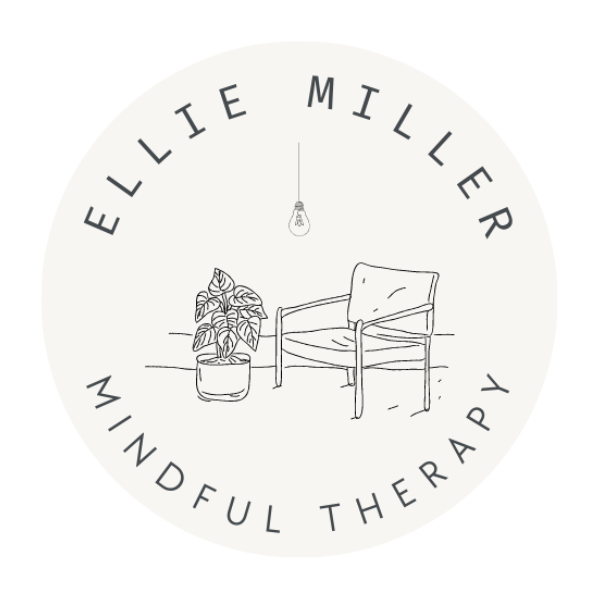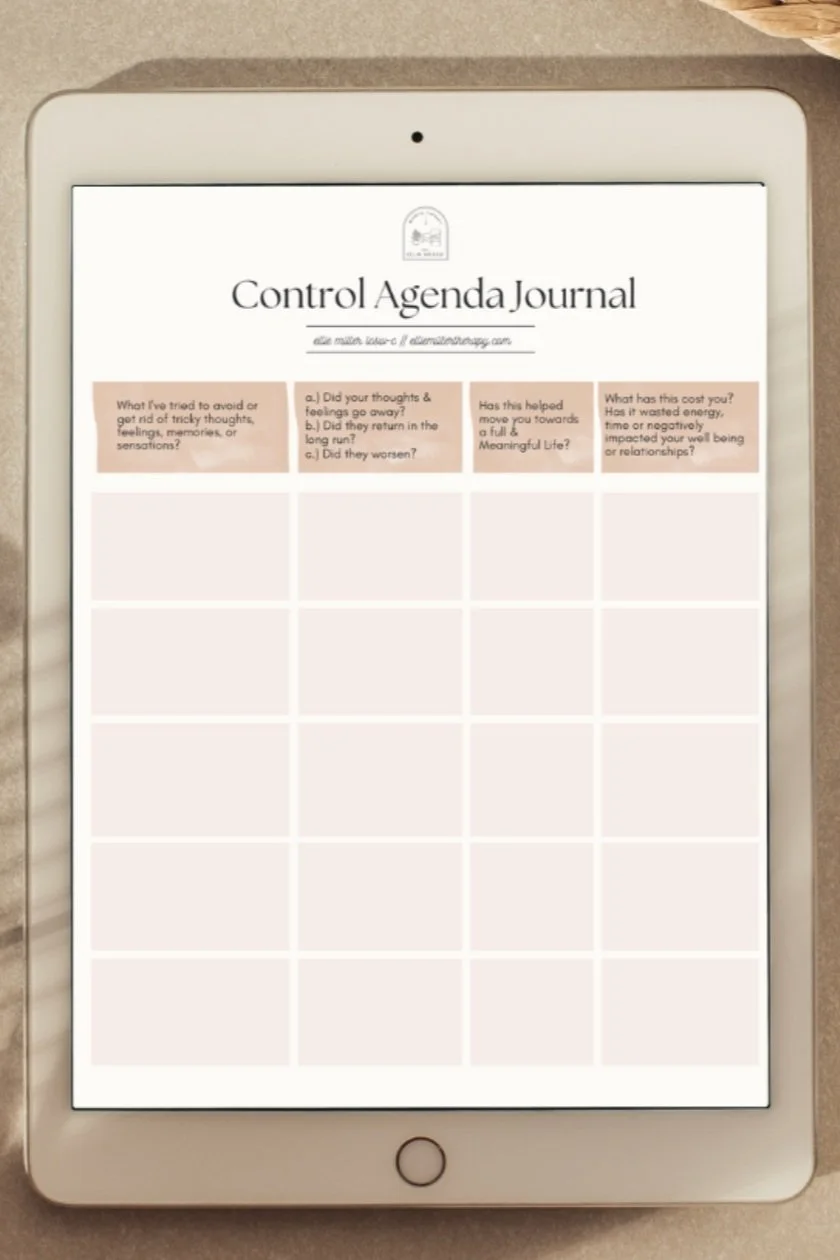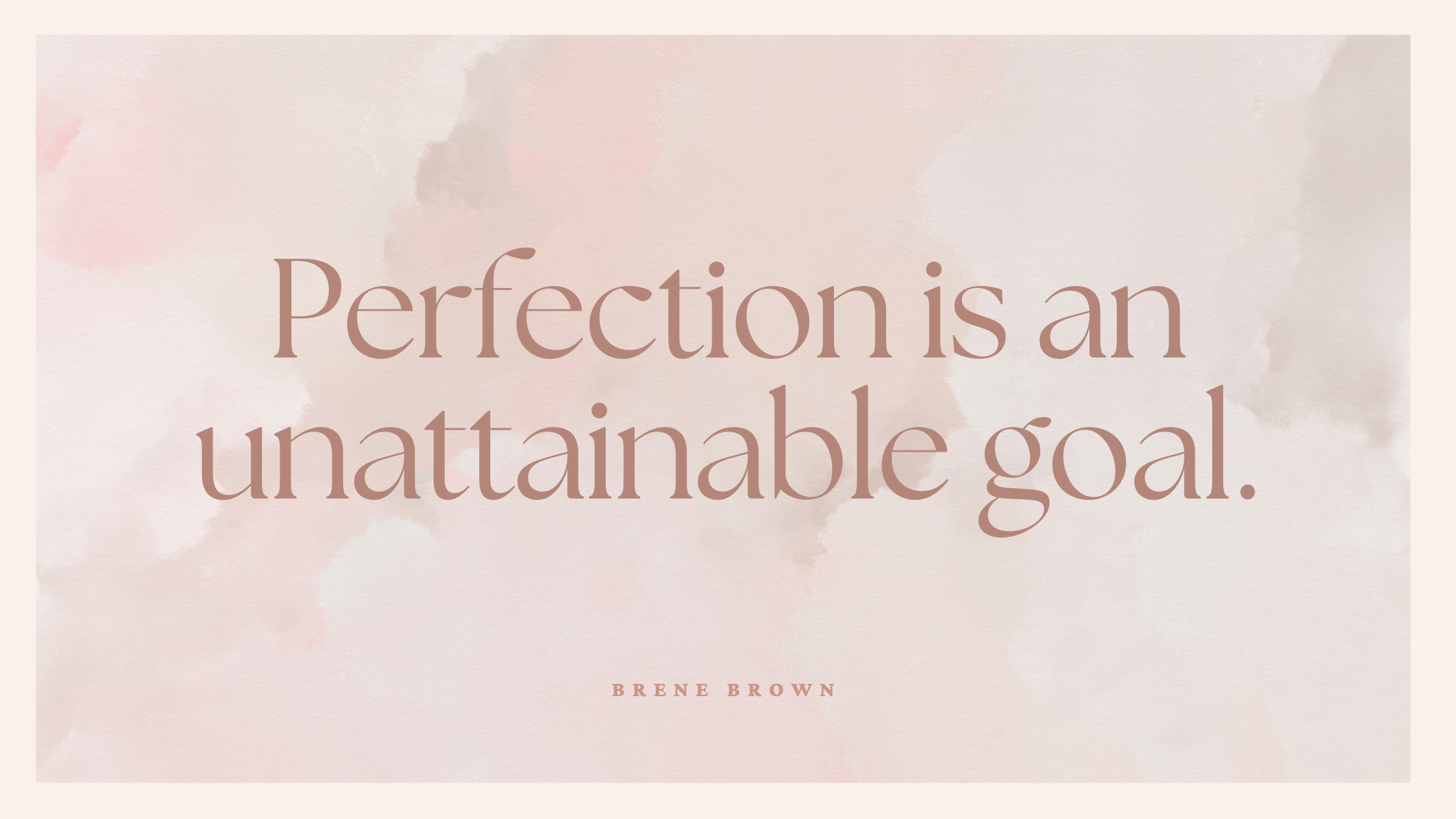3 Steps for Easing Indecisiveness
What’s Your Indecision Style?
I’d have to say my go-to move when I’m feeling indecisive is to go into polling mode. When I can’t make a decision, surely someone else will know what’s best for me, right?
Maybe that helps ease my stress temporarily, but then it also robs me of an opportunity to trust myself more.
It’s all about balance right? Of course it can be helpful to bounce around ideas, but when you start to hold other’s opinions above your own, you’re getting into shaky territory.
Common Indecision Strategies
Polling- Getting everyone else's opinion on what they would do, or reassurance that you’re making the “right” decision.
Procrastination- Putting off the decision for as long as humanly possible.
Analysis Paralysis- Spending way too much time on the pros and cons list.
Second Guessing-Going back and forth after you make a decision- self doubt overload.
Maybe you can identify with one, more or all of these decision making foibles. I know I could prob check each of these boxes from time to time.
So if you can relate to the above strategies, you can probably relate to this too:
Indecisiveness is draining, frustrating, and not something that’s pleasant to get stuck in.
If you’d like to feel more confident in the decision making process, you’re in the right place, friend. In this article I’ll walk you through 3 tips to help you drop the struggle with indecisiveness.
Why Do We Get So Stuck?
The Agenda of Control
Before we dive into the steps, here’s a little background to better understand WHY we can get so stuck with decision making. The primary culprit: The agenda of control.
The agenda of control is the idea that “the more you can control how you feel, the better your life will be” (Russ Harris, ACT Made Simple, 81)
But oftentimes these attempts to control, end up creating more suffering. If you’re a seasoned overthinker, you know what I mean.
Overthinking gets in the way of life. We’re pulled away from so many precious moments with our people, and the things we love to do, and our minds often create unnecessary stress.
We use problem solving as an attempt to control life. The problem solving mindset becomes addictive because it gives us that temporary hit of relief that tells us we’re being proactive. It gives us the illusion of having more control than we really do (Unwinding Anxiety, Judson Brewer, 41).
But as you can see, striving for total control is not achievable, and causes more pain. So let’s shift the goal from total control to something much more fulfilling (more on that in step 3, get siked.)
But, please don’t take my word for it.
Check it out for yourself.
I made you this journal chart so you can track some of your control tendencies and gather some info to see how it affects you.
1.) Plan A Time
My first tip for you, is to set aside a time to worry or problem solve.
Our brains are not great at multitasking. These attempts to multitask take us away from the present moment and drain us.
For example, the other night I was drawing with my daughter, but my mind was so absorbed in a problem I was trying to solve, that I missed out on a moment of connection with my daughter and was much more impatient and irritable.
So I want you to schedule a time that is dedicated to thinking through this problem of yours.
But let’s be real.
your mind WILL pull you towards thinking about the decision in non scheduled thinking times.
Of course it will, it’s trying to help you feel productive and stay safe. But, that wiser part of you knows the truth: that obsessive, constant thinking is not actually helpful.
So here’s what you can do when your mind tries to suck you in:
Label the thought as thinking, problem solving, or planning.
Bring your attention back to what you’re doing in that moment.
It’s simple, but not easy. It takes practice, but it’s worth it. And remember to be gentle with the practice. This is not a game of whack-a-mole with your thoughts, just gentle noting.
Check out this article I wrote for more tips for unhooking from anxious thoughts.
Sure, there will be moments leading up to your scheduled problem solving time when a really helpful thought will come up. So go ahead and jot that down for later. You know what balance is best for you, so, trust yourself.
2.) Make Room For Imperfection
If you’re getting stuck in an indecisive mindset, there’s probably some degree of perfectionism popping up. It might show up as pressure to make the “right” choice and avoid making the “wrong” choice.
But remember, there’s generally no right or wrong choice. There’s often no perfect choice that everyone will agree with. And there’s not really a way to avoid missing out. When you say yes to something, you’re inherently saying no to something else.
Try to accept this as best you can, there’s no perfect choice. Give yourself some grace. Recognize that it’s hard making choices, and you’re doing the best you can.
Which brings us to the next point…
3.) let values be your guide.
Instead of focusing Solely on right or wrong, let your values guide you.
If you’re not focusing on making the right choice and you’re ready to drop the struggle with perfectionism, what should you focus on instead?
VALUES!!!
Values are the qualities we want to embody in our actions & relationships and the way we want to show up for our lives.
Instead of asking: is this decision right or wrong? Try this: is this decision taking me towards valued living or away from it? Or you could ask, is this decision taking me towards a rich, full, and meaningful life or away from it?
Check out this list of values below. Values should be flexible. Maybe today you want to be guided by one value, tomorrow another. Or maybe they vary depending on the different areas of your life. Again, keep this flexible, and try to notice if that pesky perfectionism creeps back in.
Overthinking doesn’t have to zap all your energy. You don’t have to be dependent on your habitual indecision strategies like polling, avoidance, or rumination.. Play around with these 3 suggestions, and check it out for yourself to see if it helps you move towards self trust.
And remember, as always, be patient and gentle with yourself!
When in Doubt, Journal it Out ↓
For When You're Feeling Indecisive...
Hi! I’m Ellie, a private practice therapist offering online therapy to empathetic women & couples in Maryland, DC and Virginia. I help women manage anxiety & stress and helping couples strengthen their relationships.
Check out my website to grab your anxiety relief freebie. If you live in Maryland, DC or Virginia, reach out to see if we’re a good fit for therapy.











